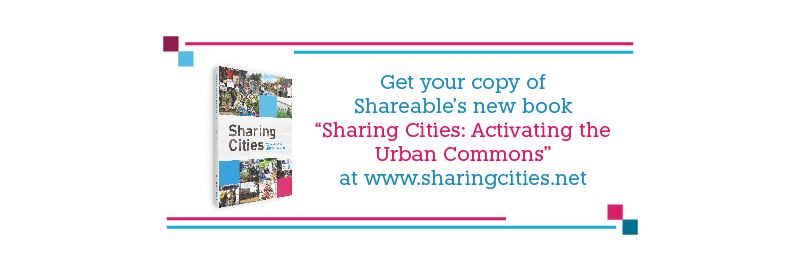Here’s the problem: It is often difficult for independent professionals interested in social-impact assignments to find meaningful projects. On-demand platforms, in which people often work remotely for little pay, can be isolating. How do freelancers who want to pursue community oriented projects connect with other like-minded individuals?
Here’s how one organization is working on the problem: Enspiral, a decentralized entrepreneurial collective based in Wellington, New Zealand, began in 2010 with a goal of creating communities of workers who are deeply committed to social issues. Sometimes described as an “open-value network,” Enspiral is a global coalition of enterprises that enables people to allocate their time and skills to social-impact projects by offering spaces and platforms that promote collaboration. The hub of the network is the Enspiral Foundation Limited, which holds common assets and facilitates interactions between members and related companies. Enspiral is an ongoing experiment in distributed leadership that includes more than 300 people and 22 different ventures in multiple countries. More than half the people involved in Enspiral are based in Wellington, with the rest dispersed across Australia, North America, Asia, and Europe.
This year, we’ve seen Mutual Aid in Motion.
From scaling sharing hubs to Mutual Aid 101 trainings, we’re helping communities build the tools they need.
Every dollar fuels lasting resilience – proving that when we move together, we all move forward.
While effective, Enspiral is not a simple cut-and-paste model that can easily be replicated. It is a shared set of tools and practices that demonstrates the potential for organically growing organizations from the bottom-up through an aligned sense of purpose. Enspiral includes a focus on activities that are hyperlocal in order to leverage situated strengths, a collaborative emphasis on sharing stories of best practices so that communities can learn together, and a platform for building open source tools that can be used and adapted by others. Perhaps most importantly, Enspiral demonstrates the way in which values-aligned organizations can build and share resources in the context of social solidarity, and with a “reciprocity-first” ethos.
Results:
- The Enspiral network has spawned a number of open-source software projects and a knowledge commons of collaborative resources. Enspiral venture Loomio, for example, is a worker-owned cooperative that has developed an open-source app for consensus decision-making. Its 100,000 users include national governments, workplaces, and community organizations around the world. Loomio raised $450,000 in capped impact investment using “redeemable preference shares (RPS)” with no associated decision-making control, allowing the cooperative to maintain its autonomy, Yes! Magazine reported in 2016.
- Enspiral has also created its own internal economy to collaboratively allocate value, fund mission-aligned projects, and support the operational costs of its foundation. Internal contractors within Enspiral Services contribute 20 percent of the revenue they generate into a collective pool of funds. Enspiral Ventures also contributes to the foundation through negotiated “revenue-sharing agreements” which vary by company. Members then use an internal form of crowdfunding to distribute collective funds to worthy projects, which could be anything from hiring staff, paying for conference travel, or purchasing equipment.
Learn more from:
This case study is adapted from our latest book, “Sharing Cities: Activating the Urban Commons.” Get a copy today.


